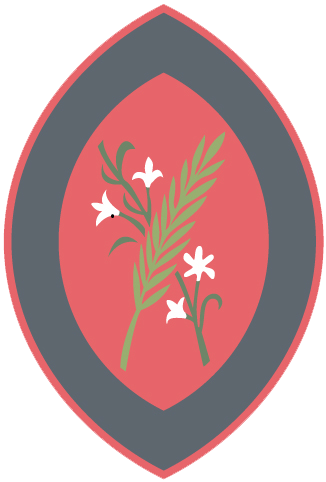- Home
- Key Information
- SEND Information
- 9. What support will there be for my child's overall well-being or behaviour ?
9. What support will there be for my child's overall well-being or behaviour ?
We have a school ethos of being kind, caring and supportive to all our pupils. The child’s class teacher has the overall responsibility for the pastoral, medical and social care of each child in their class and they deliver personal, social, health and economic lessons through which pupils develop the knowledge, skills and attributes they need to keep themselves healthy and safe, and prepare for life and work in modern Britain.
If you have any concerns surrounding your child’s personal well-being, please, in the first instance, meet with their class teacher. If additional support is required, the class teacher and parents/carers will meet with the SENCOs for further discussion and/or advice. Across the school, all staff and pupils follow a reward system in order to encourage positive choices and St. Agatha’s has clear expectations of behaviour. To ensure consistency, behaviour expectations are set out in a ‘behaviour ladder’. Staff are expected to modify the behaviour ladder on an individual basis for SEND pupils where necessary. Please see the school’s pastoral care policy and behaviour ladder on our website for further information on how the school extends rewards and sanctions to all pupils.
For those pupils who require greater social and emotional support, the child may be included in small group intervention in order to raise their social standing or awareness or they may require an individually tailored in class support programme in order to improve self-regulation skills. Other strategies used by the school in order to support inclusion are the employment of a mentor who can be nominated by the pupils as a ‘go to’ adult to talk through anxieties or incidents and a ‘learning mentor’ to share a piece of work that they are particularly proud of. We also employ an experienced Emotional Literacy Assistant (ELSA), who works
1:1 with children who are experiencing social, emotional, communication difficulties. In some instances, with parental permission, outside agencies such as Achieving for Children’s Primary Support Service, Children’s and Adult’s Mental Health Service (CAMHS) or the Educational Psychology Service may be contacted for further professional advice or to work with the pupil, school and parents/carers.
